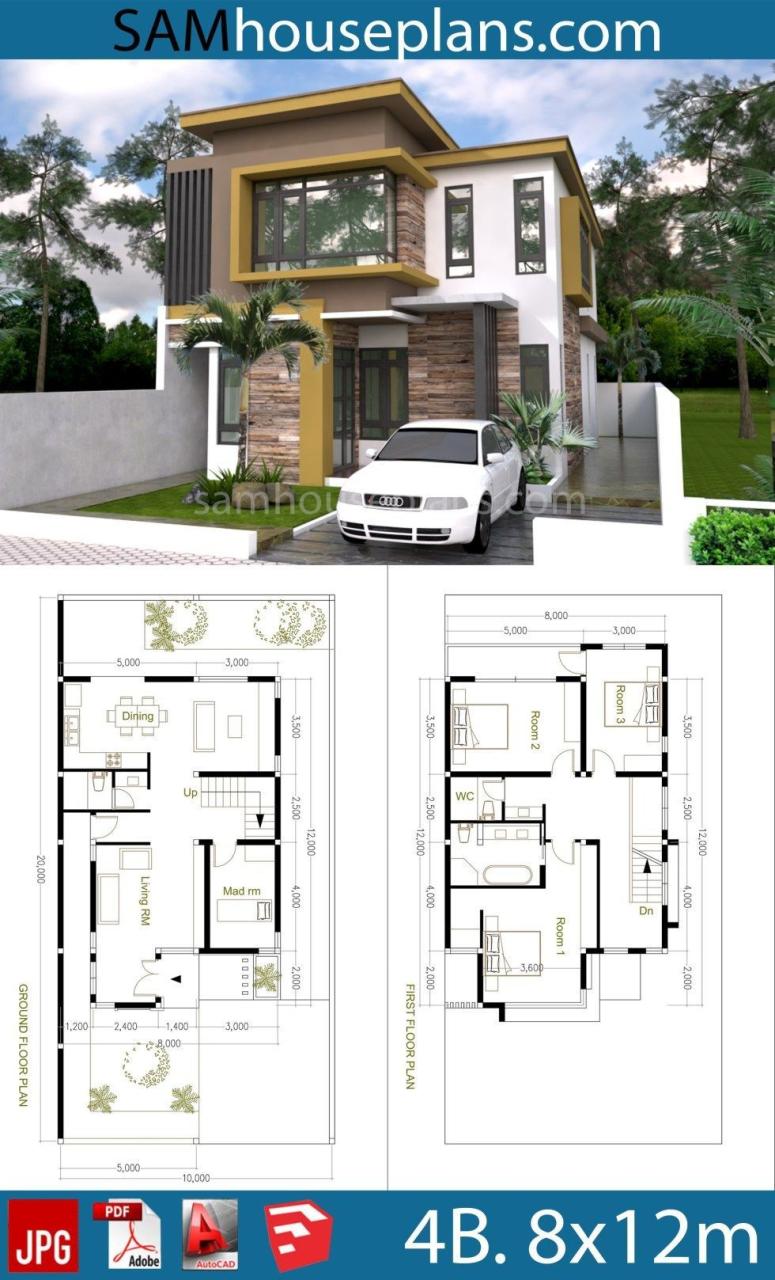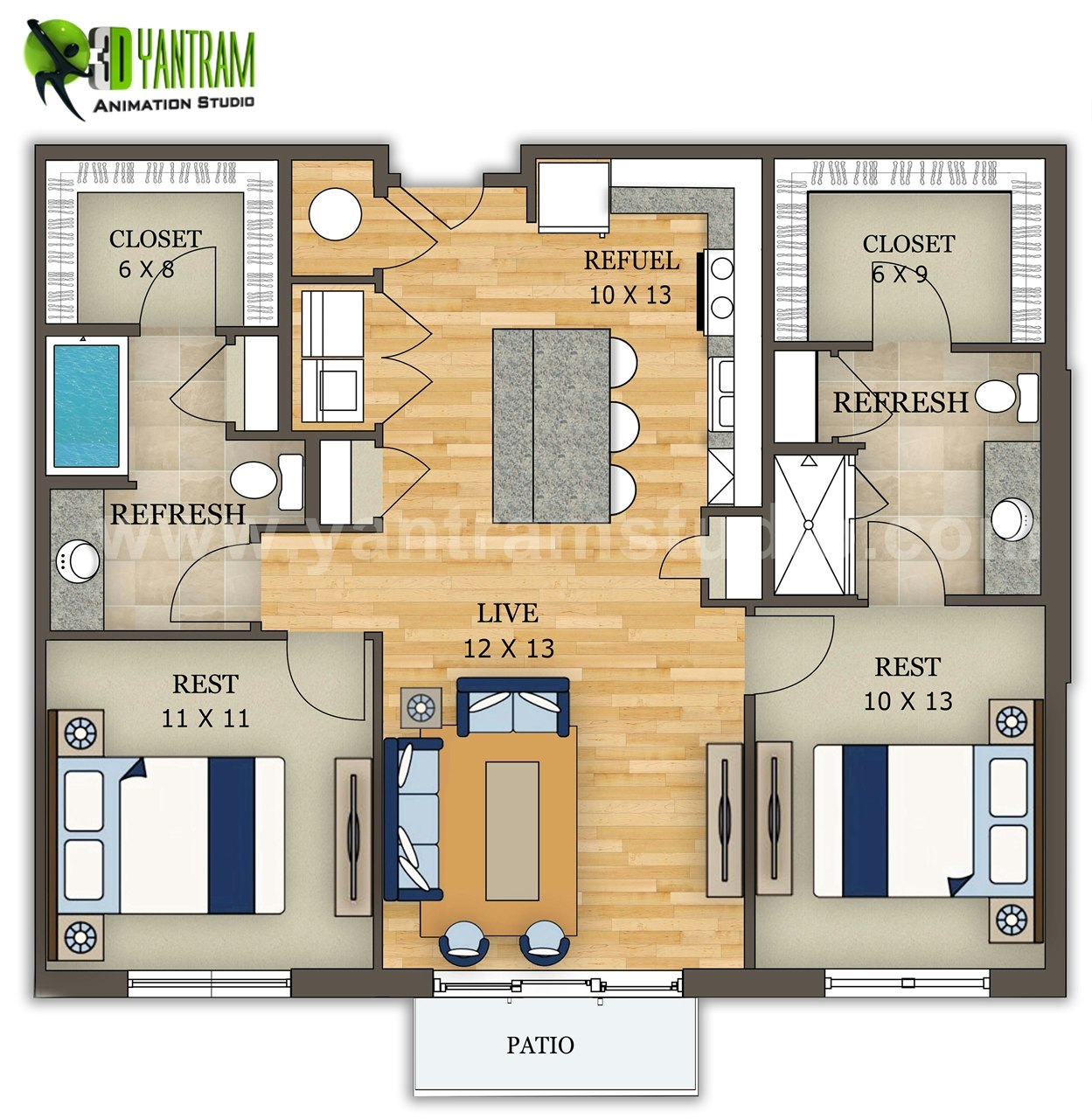Architectural House Plans: Creating Your Dream Home
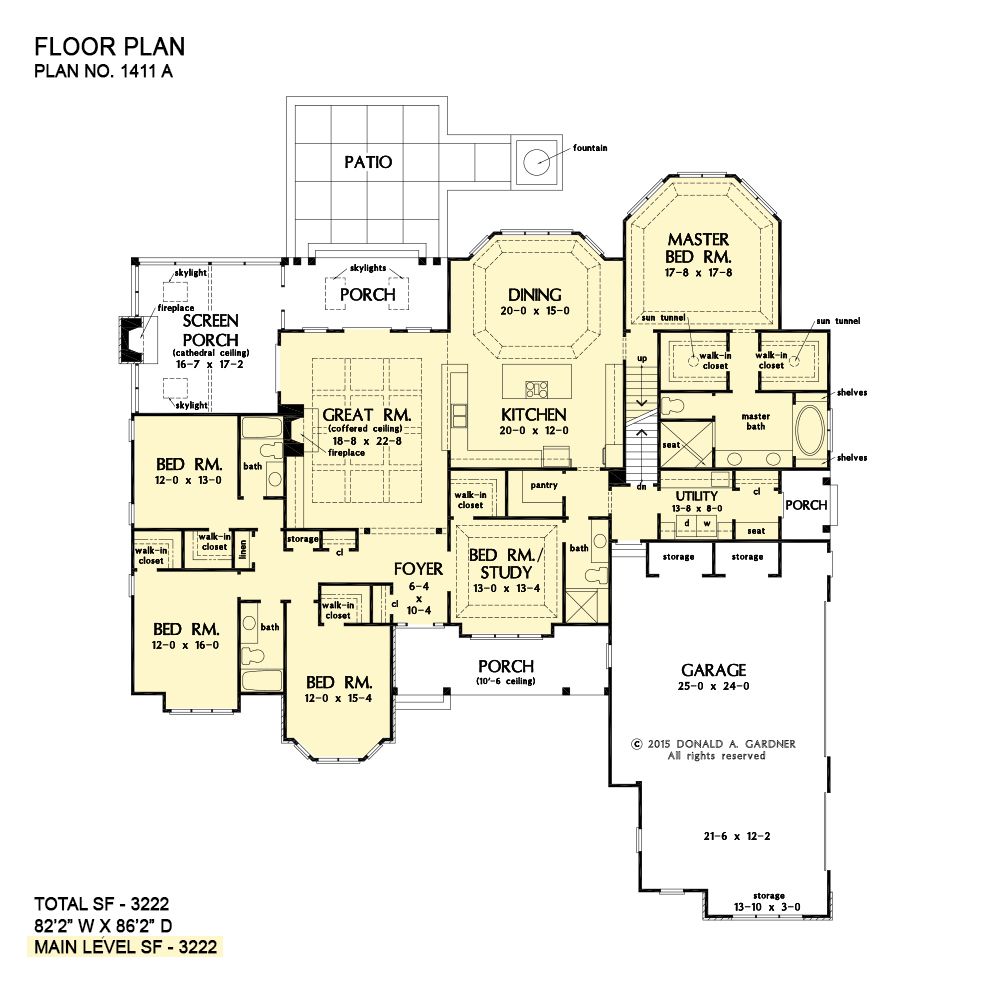
Introduction to Architectural House Plans
When it comes to building or renovating a home, having a solid architectural house plan is essential. A well-designed plan can make all the difference in creating a functional, aesthetically pleasing, and comfortable living space. In this article, we’ll delve into the world of architectural house plans, exploring their importance, different styles, and key considerations to keep in mind.
What Are Architectural House Plans?
Architectural house plans, also known as blueprints, are detailed drawings that outline the design and layout of a building. These plans are typically created by architects or designers and include various elements such as floor plans, elevations, sections, and details. The plan serves as a roadmap for the construction process, ensuring that the final product meets the homeowner’s needs and expectations.
Types of Architectural House Plans
There are numerous styles of architectural house plans to choose from, each with its unique characteristics and features. Some popular styles include:
- Modern House Plans: Characterized by clean lines, minimal ornamentation, and an emphasis on functionality, modern house plans are perfect for those who appreciate simplicity and cutting-edge design.
- Traditional House Plans: Inspired by classic designs, traditional house plans often feature ornate details, symmetrical facades, and a warm, inviting atmosphere.
- Contemporary House Plans: A blend of modern and traditional styles, contemporary house plans often incorporate sustainable materials, large windows, and open floor plans.
- Rustic House Plans: Embracing a more organic, natural aesthetic, rustic house plans frequently feature exposed beams, wooden accents, and a cozy, welcoming ambiance.
- Eco-Friendly House Plans: Designed with sustainability in mind, eco-friendly house plans prioritize energy efficiency, renewable materials, and minimal environmental impact.
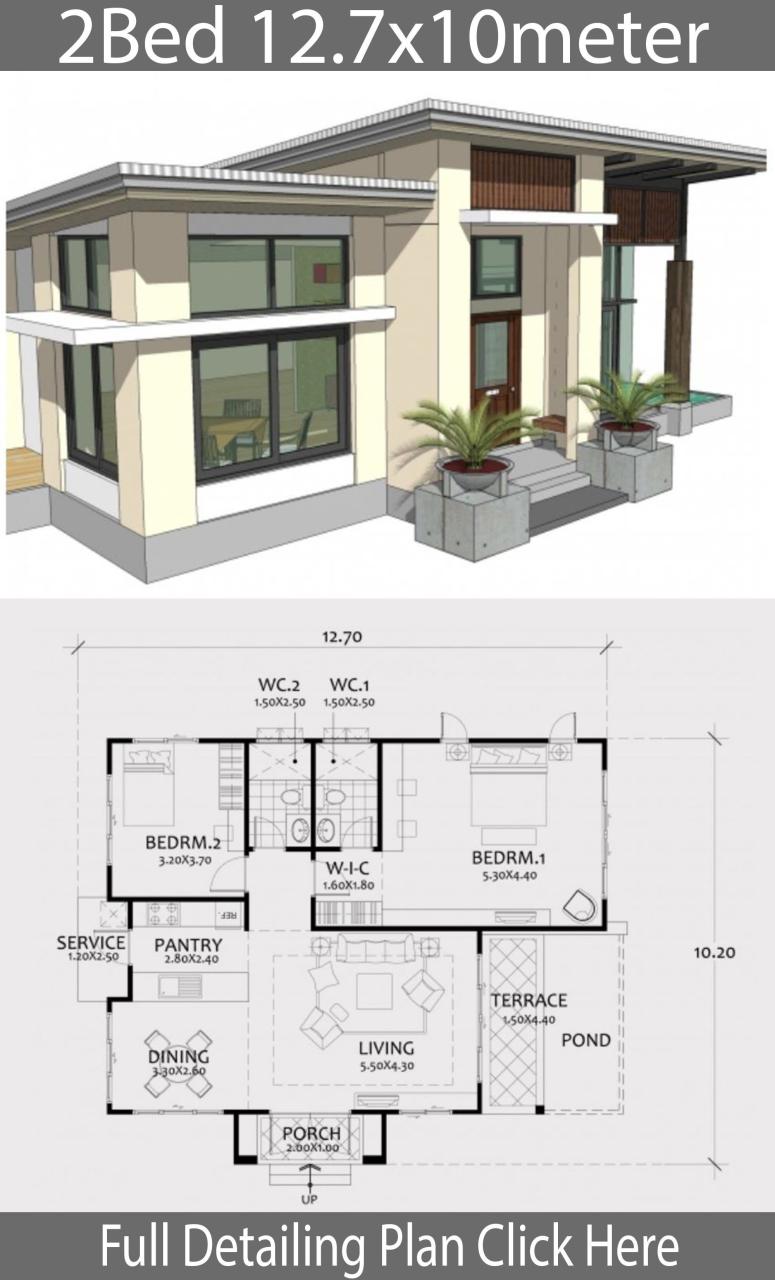
Key Considerations for Architectural House Plans
When selecting or designing an architectural house plan, there are several factors to keep in mind:
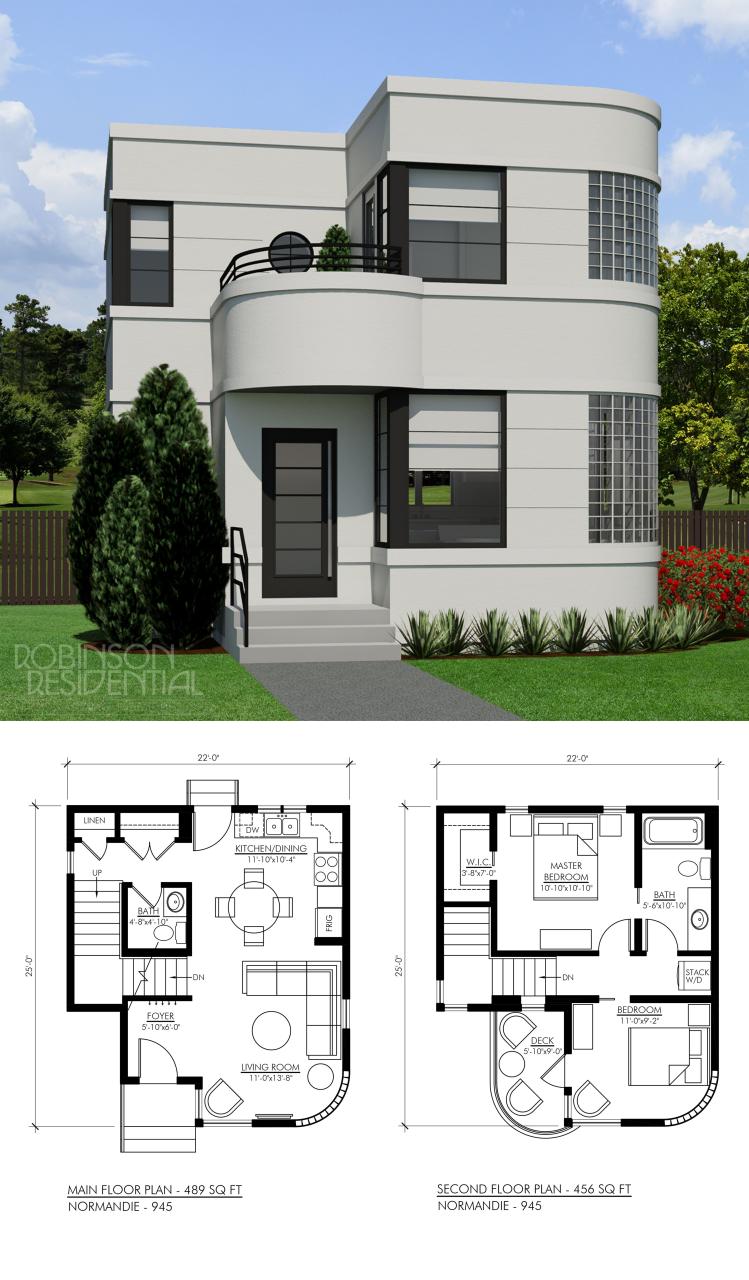
- Climate: The local climate should influence the design of your house plan. For example, homes built in areas with extreme temperatures or high winds may require specialized features such as insulation or reinforced structures.
- Budget: Establish a realistic budget and ensure that your house plan aligns with your financial constraints. Consider not only the construction costs but also ongoing expenses such as maintenance and energy bills.
- Lifestyle: Your house plan should reflect your lifestyle and priorities. For instance, families with young children may require a plan with a dedicated play area or a separate living space.
- Site Conditions: The topography and natural features of your building site can significantly impact your house plan. Consider factors such as drainage, slope, and existing vegetation.
- Zoning Regulations: Familiarize yourself with local zoning laws and regulations, ensuring that your house plan complies with all requirements.
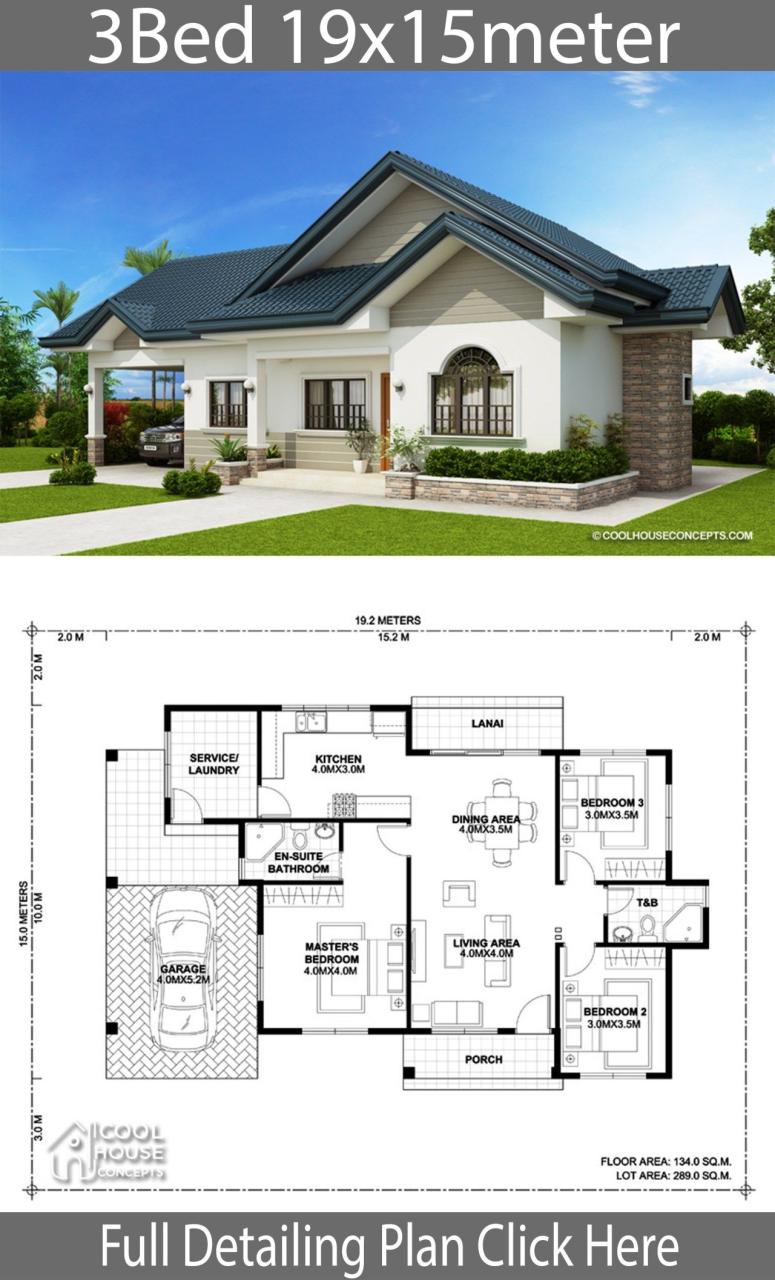
Technical Aspects of Architectural House Plans
Architectural house plans involve various technical aspects, including:
- Floor Plans: Detailed drawings that outline the arrangement of rooms, corridors, and other spaces within the building.
- Elevations: Drawings that show the exterior of the building, including the facade, rooflines, and any exterior features such as decks or patios.
- Sections: Diagrams that illustrate the building’s vertical elements, including walls, windows, and doors.
- Details: Close-up drawings that highlight specific features, such as staircases, fireplaces, or custom cabinetry.
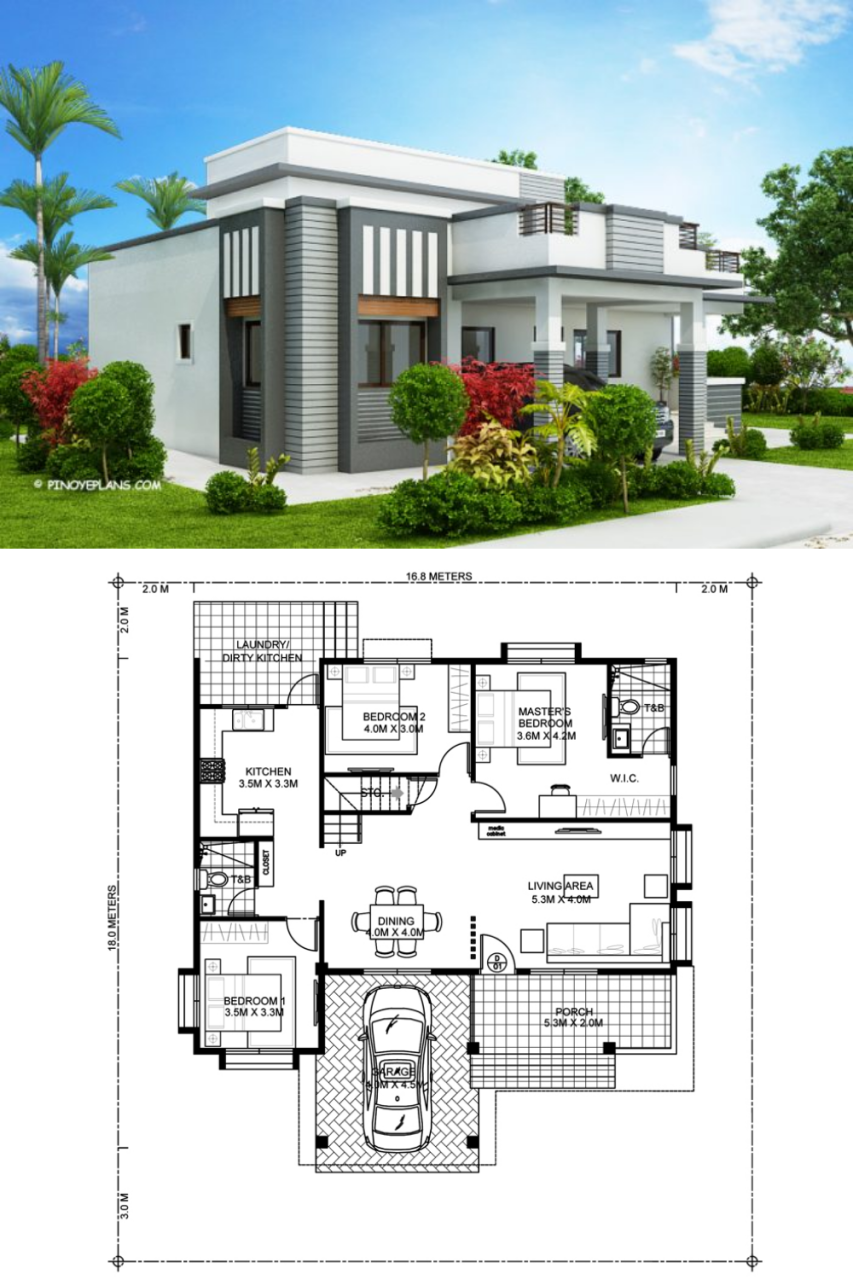
Benefits of Custom Architectural House Plans
While pre-made house plans can be convenient and cost-effective, custom architectural house plans offer numerous benefits:
- Personalization: A custom plan allows you to tailor the design to your unique needs, preferences, and lifestyle.
- Energy Efficiency: By incorporating energy-efficient features and sustainable materials, a custom plan can help reduce your environmental footprint and lower energy bills.
- Resale Value: A well-designed custom plan can increase the resale value of your property, making it more attractive to potential buyers.
Tips for Working with an Architect or Designer
If you decide to work with an architect or designer to create a custom house plan, keep the following tips in mind:
- Clearly Communicate Your Vision: Share your ideas, needs, and preferences with your architect or designer, ensuring they understand your goals.
- Establish a Realistic Budget: Work with your architect or designer to determine a budget and stick to it throughout the design process.
- Ask Questions: Don’t hesitate to ask questions or seek clarification on any aspect of the design or construction process.
- Be Open to Feedback: Consider your architect or designer’s suggestions and expertise, even if they challenge your initial ideas.
Architectural House Plan Software
With the advancements in technology, various architectural house plan software programs have emerged, allowing homeowners to create and edit their own plans. Some popular options include:
- Autodesk Revit: A comprehensive Building Information Modeling (BIM) solution for architects, engineers, and designers.
- SketchUp: A user-friendly 3D modeling software ideal for creating and editing house plans.
- Floorplanner: A web-based platform for creating 2D and 3D floor plans.
Conclusion
Architectural house plans are a vital component in the process of building or renovating a home. By understanding the different styles, key considerations, and technical aspects of house plans, homeowners can make informed decisions and create a living space that meets their needs and exceeds their expectations. Whether you choose a pre-made plan or work with an architect or designer to create a custom plan, the result will be a beautiful, functional, and comfortable home that reflects your unique personality and style.
Final Thoughts
In conclusion, architectural house plans are not just about creating a physical structure; they’re about crafting a dream home that reflects your values, lifestyle, and personality. By prioritizing sustainability, functionality, and aesthetics, you can create a living space that not only meets your needs but also contributes to a more environmentally friendly and beautiful world.
As I reflect on the importance of architectural house plans, I’m reminded of the power of design to transform our lives. Whether it’s a cozy cabin in the woods or a sleek, modern city apartment, our homes have the ability to inspire, comfort, and rejuvenate us. So, take the time to explore the world of architectural house plans, and let your dream home become a reality.
Architecture Gallery by Architectural House Plans: Creating Your Dream Home

